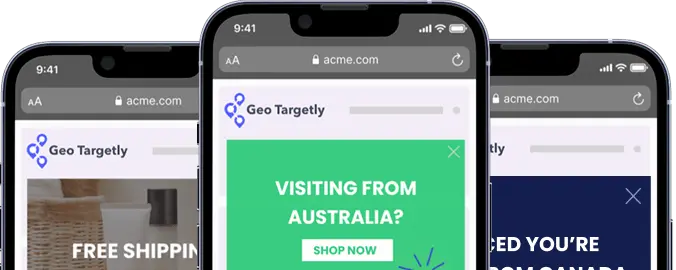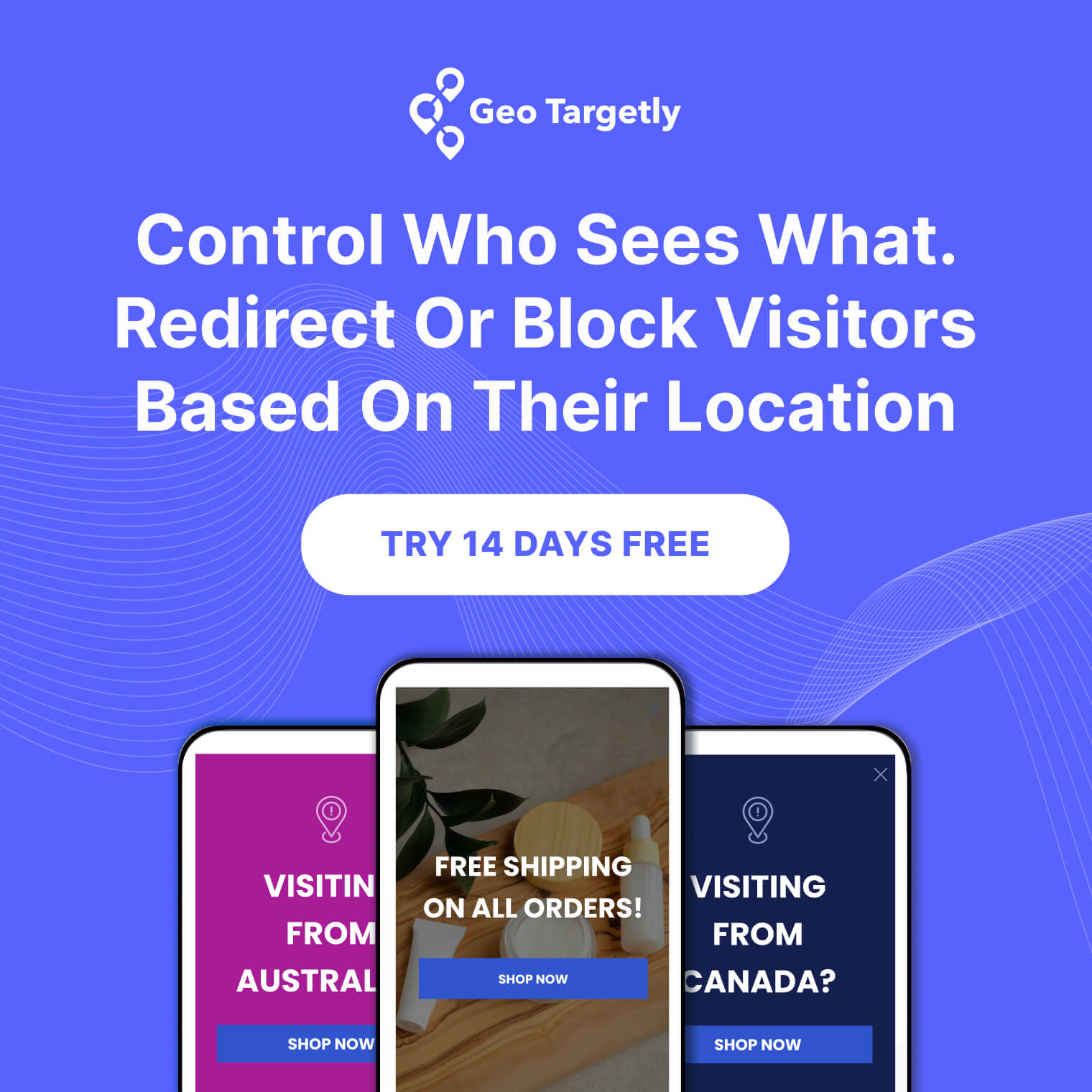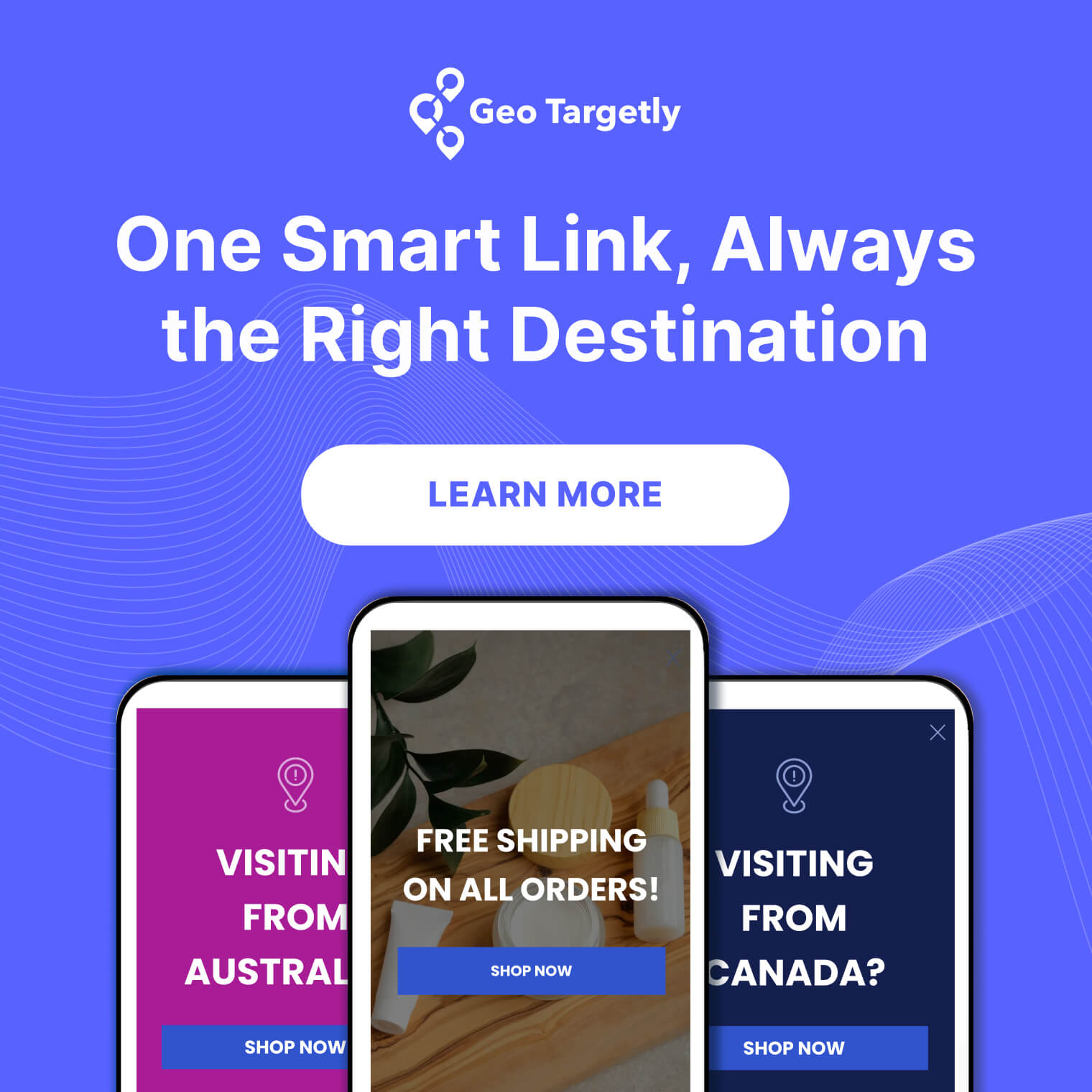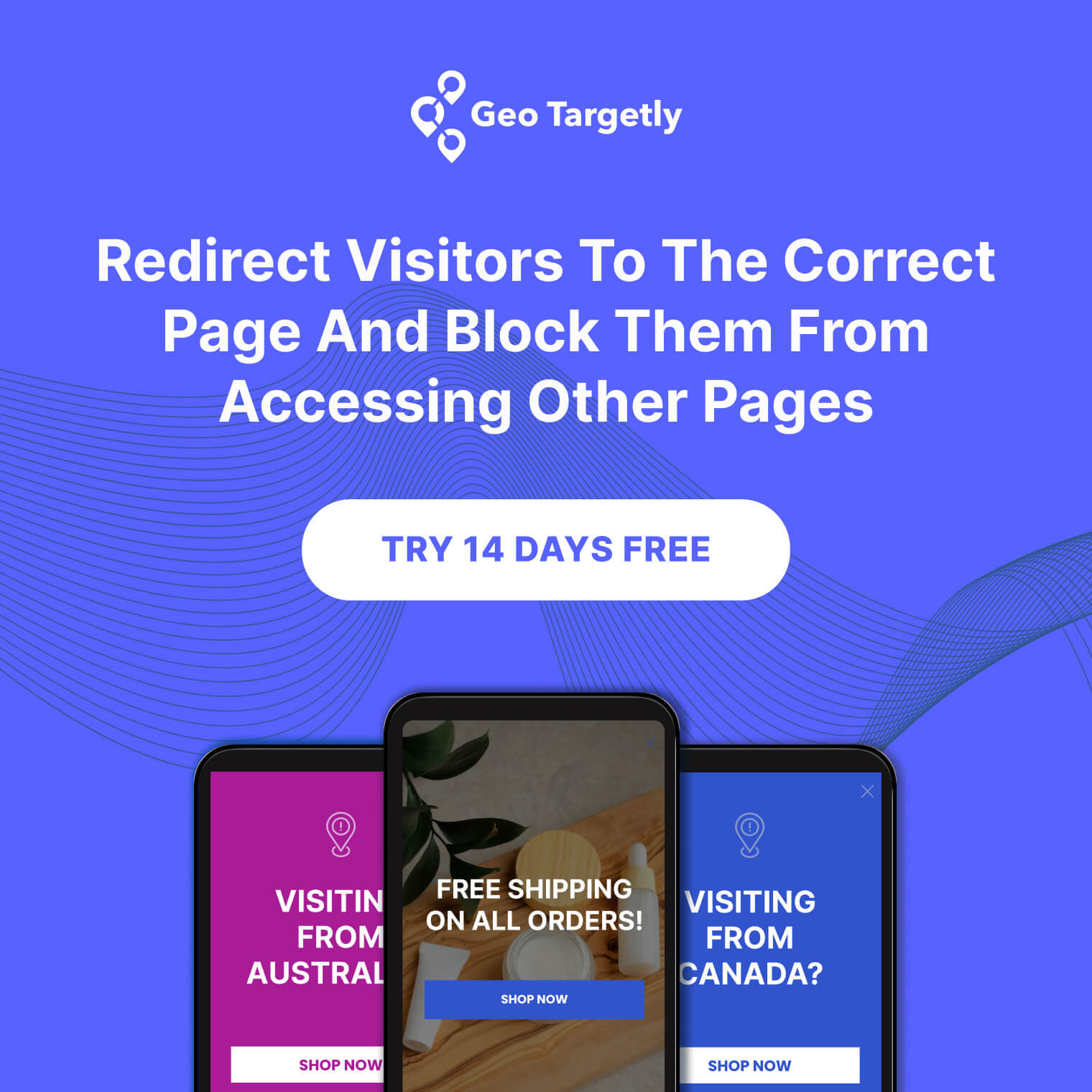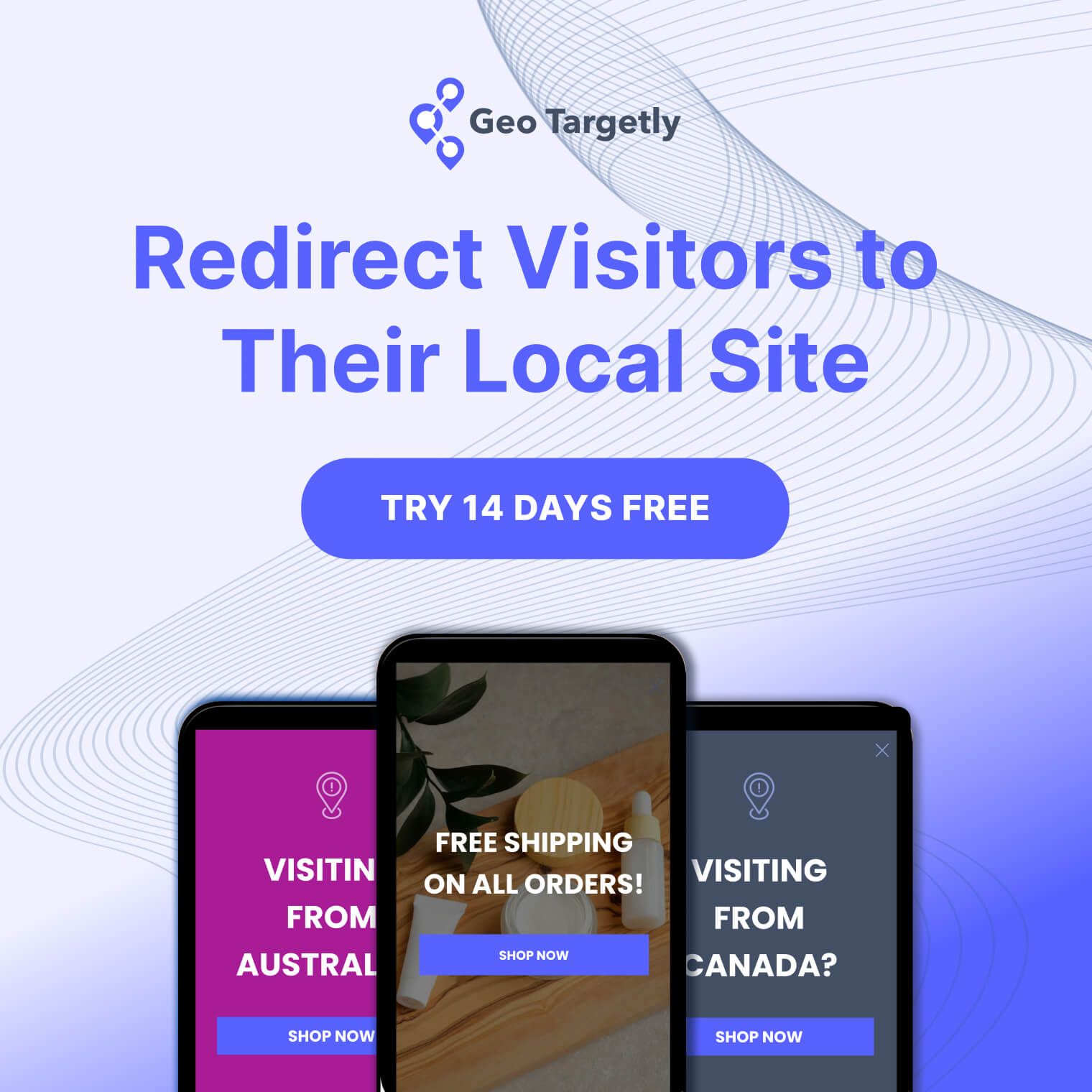

URL shorteners may seem like small tools, but they pack a big punch – and in this guide, we’ll cover everything you need to know about using them to streamline your online presence.
From simplifying long URLs to tracking clicks and improving visual appeal, URL shorteners can be a game-changer when used correctly. However, they also come with potential risks, such as trust issues and broken links. Keep reading to learn how to maximize the benefits of URL shorteners while avoiding common pitfalls.
What is a URL shortener
A URL shortener is a tool that condenses a long, complex URL into a shorter version while maintaining its ability to direct users to the original webpage.
For example, a lengthy URL like https://www.website.com/blog/guide-to-url-shortening can be shortened to something like bit.ly/shortURL. This makes it easier to share, especially on platforms with character limits like Twitter or in marketing campaigns where concise links look more professional.
URL shorteners are primarily used for their convenience and visual appeal. They’re also easier to remember.
How do URL shorteners work?

URL shorteners simplify long URLs by creating a redirect system. Here’s how the process works:
- Input the original URL: The user enters a long URL into a URL shortening tool.
- Generation of a short URL: The tool produces a shorter URL with a unique identifier or key.
- Click on the shortened link: When users click on the short URL, it triggers the redirect process.
- Server redirection: The tool’s server instantly redirects the user to the original, long URL.
This process is almost instantaneous, making it efficient and user-friendly.
Benefits & drawbacks of URL shorteners
URL shorteners come with a range of advantages and disadvantages. While they make sharing easier and offer valuable insights, they also carry potential downsides.
Benefits:
- ✔ User-friendly
Shortened URLs are significantly easier to share, particularly on platforms with limited character space, like Twitter. Instead of sharing long, complicated URLs, users can share concise, memorable links. - ✔ Tracking and analytics
Many URL shorteners provide data on clicks, geographic locations, and devices. This information is particularly useful for marketers analyzing link performance and user behavior. - ✔ Aesthetic appeal
Long URLs can appear cluttered in emails or presentations. Shortened links create a cleaner, more polished appearance. - ✔ Mobile optimization
Shortened URLs are easier to manage on mobile devices, where long URLs are often difficult to copy, paste, or type. This is particularly helpful when sharing via SMS or social apps. - ✔ Link customization
Some URL shorteners allow for customization, letting users create branded or more descriptive short links. For example, bit.ly/YourBrand can increase trust and help reinforce brand recognition.
Drawbacks:
- ❌ Trust issues
One of the most significant downsides is that shortened URLs obscure the final destination, leading some users to view them as suspicious. This can result in a lower click-through rate, especially if users fear they might lead to spammy or malicious sites. - ❌ Expired or broken links
If the service providing the shortened URL goes offline or changes its policies, the links can break, leaving you with non-functioning URLs. - ❌ Limited control
In some cases, users may have limited control over the redirect process or how long the shortened link remains active. If the service doesn’t offer permanent redirects, the short link could expire after a certain period. - ❌ Overuse in spam
URL shorteners are frequently abused by spammers, so many users associate them with phishing or harmful content. You can use tools like CheckShortURL to reveal the destination before clicking to confirm it’s safe.
Use cases
URL shorteners have a wide range of applications across various industries, providing convenience, efficiency, and enhanced tracking capabilities. Here are some real-world use cases where shortened URLs make a significant impact:
1. Marketing campaigns and social media
URL shorteners are frequently used in marketing campaigns to track engagement and performance. For instance, brands like Amazon use shortened URLs like amzn.to to create more shareable and recognizable links on social media platforms. These links not only look cleaner but also improve click-through rates by 34% on average when paired with branded domains. This helps in building trust with users who are more likely to engage with familiar URLs.
2. Email and SMS marketing
In email and SMS marketing, shortened URLs are used to optimize the space available in messages. Nonprofits and other organizations use branded short links like bit.ly/donate in their SMS campaigns to make calls-to-action more effective and trackable. Short URLs fit well into mobile messaging formats, reducing the likelihood of links breaking or being perceived as spammy.
3. Influencer and affiliate marketing
In influencer and affiliate marketing, shortened links are used to monitor the performance of referral traffic. For example, influencers may use custom short links in their social media posts or bios to direct followers to a specific product page. Companies benefit by tracking which influencers drive the most traffic and conversions.
4. Offline and QR code marketing
Shortened URLs are also valuable in offline marketing campaigns. For example, businesses often print QR codes generated from shortened links on products or marketing materials. Users can scan the code, which directs them to a website or digital content, such as product videos or special promotions.
Case study: Amazon's Use of link shorteners
Amazon's affiliate program is a prime example of how URL shorteners can enhance marketing efforts. By shortening long, complex affiliate links, Amazon makes it easier for affiliates to share links across platforms, from social media posts to email newsletters.
This streamlined approach not only makes the links more visually appealing but also encourages users to click through. With the added benefit of tracking clicks and performance, Amazon affiliates can optimize their earnings—proving how effective URL shorteners can be in affiliate marketing.

Conclusion
URL shorteners are incredibly useful for making long, cumbersome links more user-friendly and visually appealing, while also offering the ability to track engagement. However, it's important to remain mindful of potential drawbacks, such as trust issues and broken links if a service shuts down.
By using URL shorteners strategically, you can improve click-through rates and gain valuable insights into your content's performance.
Ready to take your link management to the next level? Try GeoTargetly’s URL shortener to create links that redirect visitors based on their location!





.webp)



